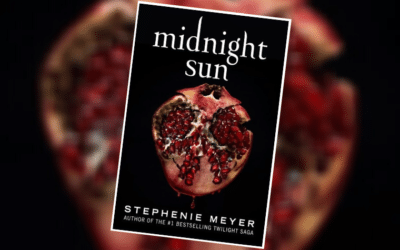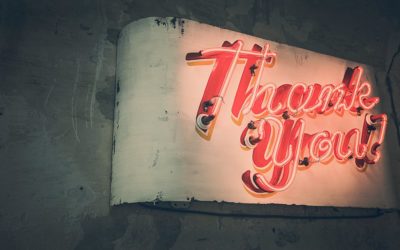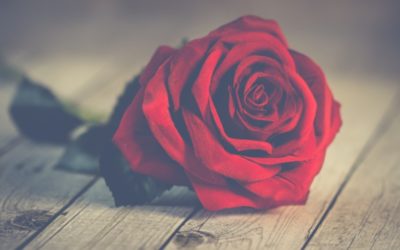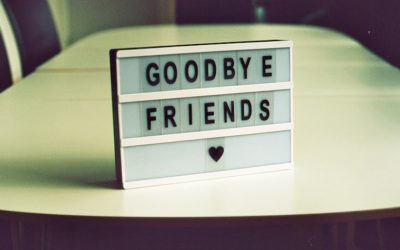We haven’t talked for a while, and I know with hordes of fans anxiously and excitedly awaiting your return in September, the end of our relationship after the Prestonpans episode may not be very significant to you. But recent experiences have focused my feelings on why I felt the need to walk away, and I hope that by sharing we can both grow as people/cable franchises.
Don’t get me wrong, you’re a perfectly fine show, but something about the choices you made in transforming yourself from a book to a show meant for a wider audience (aka: not ladies) left me feeling disrespected by your lack of faith in the “woman-ness” of your characters and stories. And that made me feel hurt with a heaping side of ragey.

Like a death by a thousand cuts, I can’t point to the “thing” that distanced me from you, but maybe I can share a story that will shed some light on my frustration.
Like many of people, I went gaga over the new Wonder Woman movie, and was one of the legions of women who cried her way through the ‘no man’s land” sequence because of all the feelings. You know what I’m talking about. That feeling like, in that scene, Wonder Woman is every woman who has raised a family alone in the face of huge personal and professional barriers. She is every exceptional woman sidelined by a less qualified man, who just keeps persisting. She is every expert woman forced to defend her credentials by publicly schooling some fool. She is every one of us amazing bishes [and may we never fucking forget that].

You.Will.Not.Talk.Over.Me.In.Meetings.Mother.Fucker.
Did you know that, as profoundly moving as that scene is, it almost didn’t happen? Nobody understood why, in a world of exquisitely choreographed fight scenes between super men and evil villains, a scene portraying one woman slogging her way toward a small, but righteous outcome, outnumbered and outgunned, just quietly getting it done without flourish, could add anything to the superhero narrative. But director Patty Jenkins understood. She fought for that scene, and, with it, for the importance of women telling the story of women. And please don’t misunderstand me, it is a story of women, not just for women, as its box office slay attests to.
I have never gotten that “Wonder Woman” feeling from you, Outlander, and let me lay out some mad science that might help explain why. In Season 1, 25% of your episodes were directed by and 37% were written by women. In Season 2, ZERO episodes (yes, ZERO) were directed by women, and fewer than half were written solely by women. That matters. A lot. So much so that I made a cross stitch pattern that you might want to whip up and hang in the Outlander production office:

I recognize that your production ranks are full of talented male writers and directors, many of whom have a track record shepherding strong female characters to the screen. But if you were to take only one lesson from the world trajectory over the past year, it’s that men and women have a fundamentally different experience of this thing called life. And I don’t care how much the books “speak to them,” or how much they may be in touch with their “feminine side,” or any of the other justifications you could possibly offer up for 75%-100% of Outlander’s directing team being male: until they experience what it’s like to have every experience, opinion and observation explained back at them on social media, or to interact with men who literally believe that women have not contributed one single thing to this planet, or to watch helplessly as their access to fundamental health care is hashed out by a bald-assed, desiccated sausage party, THEY CANNOT POSSIBLY UNDERSTAND.

“. . . and since, as far as we know, babies are delivered by storks, I see no reason why we have to pay for this so-called ‘maternity care’.”
And I believe that your insistence on pursuing relationships almost exclusively with other men resulted in decisions that were extremely problematic for me.
For example, I could not throw a stick at the first season without it hitting a scene in which Claire was charming the pants off the good citizens of merry ole’ Scotland. Frolicking in the woods with babes! Ingratiating herself with womenfolk through wool dying and song! She was just about one KT Tunstall-scored montage away from being named 18th century’s answer to Julia Roberts. But, Outlander, have you read yourself? Claire is prickly as fuck. She does not frolic. She does not ingratiate. She is woodenly maternal at best. She is difficult to love, but Jamie loves her because of all her weird. By pushing her into the mold of a more conventionally acceptable female character, you have robbed both her and Jamie of their exceptionalism.
And I have to tell you, Claire encouraging Alexander Randall to abandon Mary to his brother was the beginning of the end for me. Claire can be mind-bogglingly selfish at times (and maddeningly frustrating), but actively seeking to sell a sister out by binding her to a man who is known for sexual violence is not merely a plot point. It fundamentally changes who she is, from a woman who is imperfectly honorable to one who is cruelly opportunistic. A woman that James Alexander Malcolm Mackenzie Fraser would have no business with. You, of all books/cable franchises, should know that.

And lastly, every time you privileged the portrayal of one of Jamie’s heroic feats over the inclusion of his quiet moments of humor and self-deprecation, you revealed to me that you don’t know me. That you don’t know that I love all of Jamie, and that without these quotidian vulnerable and goofy moments, he becomes flat and difficult to connect with.
Is it possible that my perception of the impact of a majority of male directors and writers has skewed my experience of you? Absolutely. Is that, in and of itself, a HUGE problem for you? ABSOLUTELY. The producers can hire anyone to bring you to life. The fact that they have made a conscious choice to not follow the lead of other showrunners, like Melissa Rosenberg and Ava Duvernay, and make a point of stocking their ranks with talented female writers and directors tells me that they do not trust me – that you do not trust me. You do not trust that my stories are universal. You do not trust that prickly, isolated, mouthy-ass women can be interesting and relatable. You do not trust that a woman can tell a story whose appeal transcends her gender. This minimizes the validity of women’s voices, and I would also point out that bringing the story of a powerful woman struggling in a male-dominated society to the screen in a way that squanders its potential to empower women in the male-dominated film industry seems incredibly hypocritical.

Um, actually it is that easy.
I get it: there is no one universal experience of being a woman. Some may have no problem with any of your choices – great! And I will freely submit that there are many aspects of the story telling that have been handled well. But how many “no man’s land” scenes are we missing out on because the power of a narrative remains invisible to a director who hasn’t experienced it? And can a show carried by a strong female character move beyond a “fine adaptation” to something empowering and transformational with so little upper level input from women? We may never know.
I can’t tell you what to do, Outlander. But I am, at heart, a modern woman, and I hope that you move on from our parting to have meaningful relationships with many, many, many women, hopefully at the same time, and in all of the positions. If you don’t, know that in a world of Sense8, Queen Sugar, OITNB and The Handmaid’s Tale, consumers have a lot of female-driven content to choose from.
Thank you for the opportunity to clear the air between us. I will always cherish our shared love of Jamie’s naked ass.
Signed,
A frustrated fan
PS Just one more thing:

Would you like more female voices in Outlander’s showrunning team? Are you a frustrated fan? What was your last straw? How hard did you cry during that Wonder Woman scene? Are you going to lose you shit if someone “but Maril”‘s you one more time?




